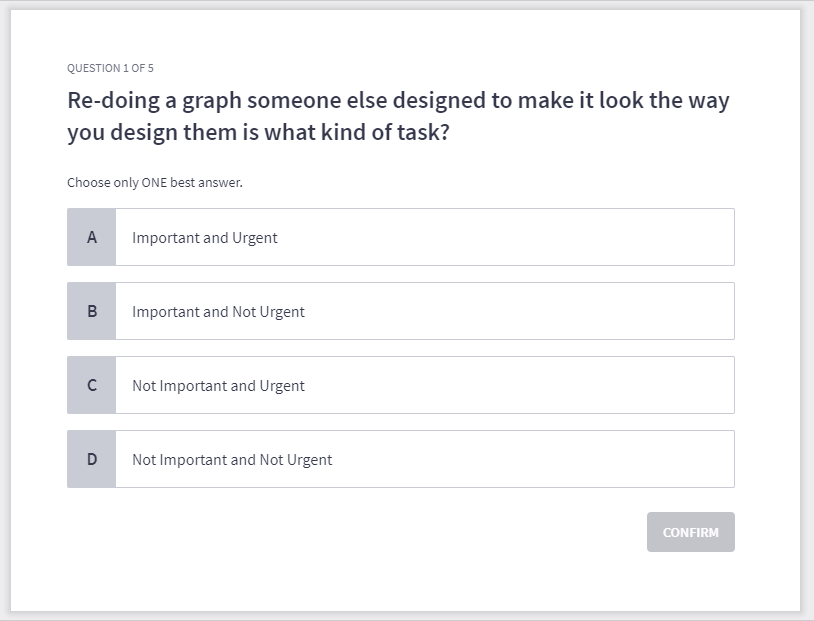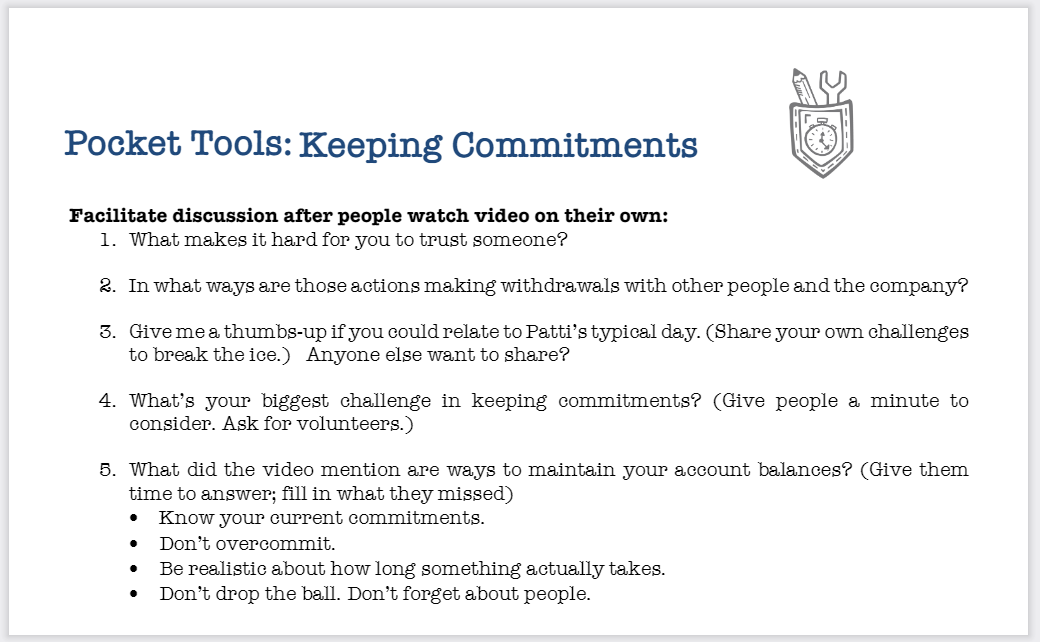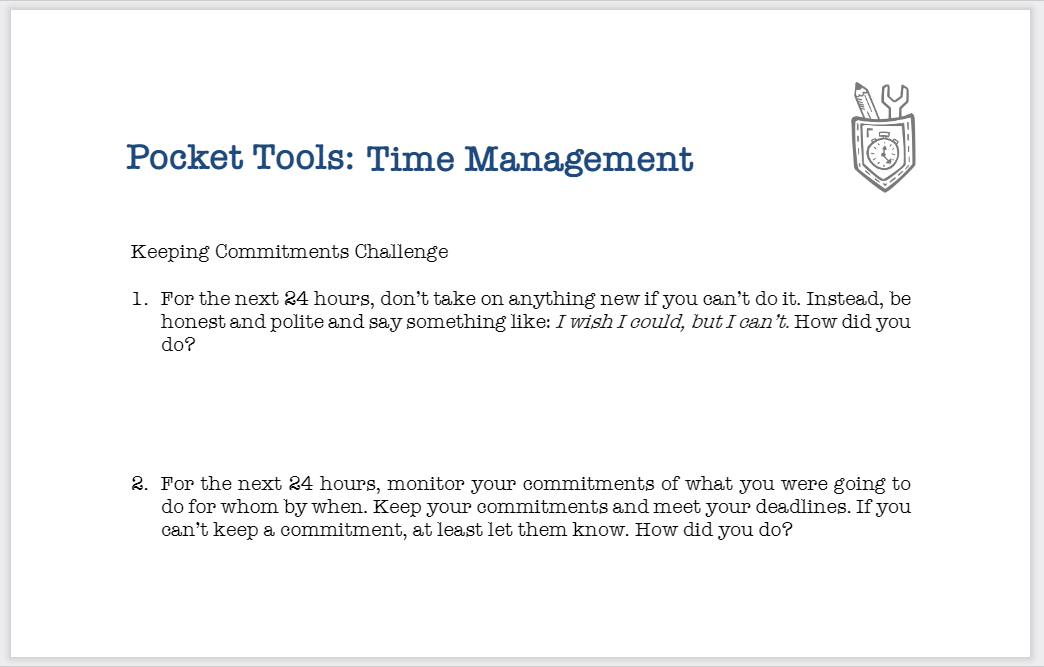In the classic Harvard Business Review article “Management Time: Who’s Got the Monkey?,” authors William Oncken, Jr., and Donald L. Wass say that to be effective, you need to understand the hidden costs of work that’s delegated.
This scenario might sound familiar: After receiving a delegated task, the person emails back half-done work, saying, “Did as much as I could, kicking it back to you.” You take the bait and help out and kick it back to the person. They hit another wall, and you help again. This continues until you wonder why you don’t finish the project yourself.
If you don’t want the monkey on your back, be clear up front when delegating the task.
Daniel Pink in his book Drive says people are motivated less by money and more by the autonomy to be left to do the work on their own; the mastery to develop their skills and competence; and the sense of purpose that the work has meaning.
When first delegating work, be clear: “I need to give you a task for you to do completely and deliver on time without me micromanaging you to get it done. Can we spend some time going over it now, so you can ask questions, and then set a check in time for questions?”
Appeal to their motivation for greater autonomy, their desire to be treated as a key member of the team. At the same time, you’re spelling out a clear expectation based on a concrete need, rather than a wish, which is softer.
If they come back with questions and they have the resources to answer them themselves, help them understand that. If they express being unable to do a portion of the work, remind them of their ability. Revisit your initial conversation on the importance that the work stay in their court as much as possible.
At the same time, don’t wait until the last minute to see if the project is on track or not. Set a specific time to check back in with them. Put it on your calendar. Make it their responsibility, not yours. Otherwise, you’re just going to be anxious or you’re going to be checking with them all the time. You want to keep it in their court and have them figure it out, but you also want to be helpful when they’re stuck.




Recent Comments